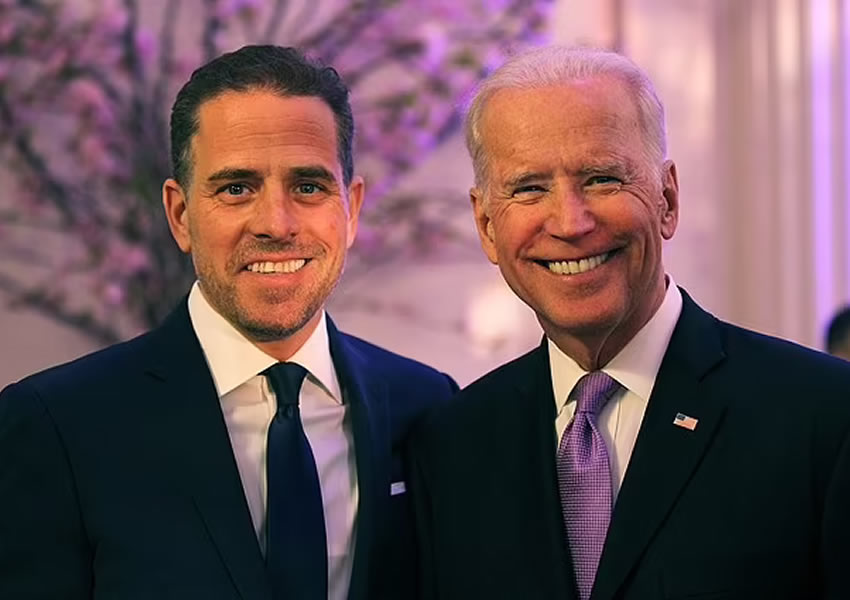This post is an opinion by Dr. Laura MacKinnon, a primary care physician working in Vancouver’s Downtown Eastside and in Northern B.C., and also a research fellow with the B.C. Centre on Substance Use.
One of Dr. Laura MacKinnon patients recently refused to go to the hospital for a life-threatening infection, stating “I don’t want to go to the hospital because they treat me like I’m just an addict there.”
This patient is a loving mother of four and proud grandmother of three. She is a resilient survivor of intimate physical violence and currently employed as a peer support worker, helping others in her community prioritize their mental and physical health. And she developed an opioid use disorder after she suffered an accident and was prescribed opioids for chronic pain.
Dr. Laura MacKinnon is a family doctor who works primarily in Vancouver’s Downtown Eastside, a vibrant neighbourhood that is notorious for high rates of poverty, drug use, and mental illness. And she has learned that language carries a lot of weight.
Dr. Laura’s favourite poster in the clinic space reads, “Label jars not people.” She loves this poster because it highlights the importance of language.
The word addict is ubiquitous in our society. It can be used to describe our strong inclinations or repeated actions of devotion to anything, from working out and social media, to pizza and coffee. Additionally, it’s used for behaviours that are detrimental to a person’s wellbeing, such as gambling. And to describe a person who has a tolerance to and dependency on substances such as drugs or alcohol.
The way we speak to and about people who use drugs makes a difference in their outcomes, because language perpetuates stigma. And the word “addict” can be highly stigmatizing for people who are struggling with substance use.
The word “addict” itself is not bad, but used in specific contexts, it can be quite hurtful. I find the prolific use of the word addict in the media to be quite disheartening, as it normalizes harmful language.
From Dr. Laura’s experiences working with people with substance use disorders, this label lowers self-esteem, contributes to social isolation, and can prevent people from getting needed care.
Some patients have described strained social relationships, for example, afraid that their loved ones see them as “just an addict,” or not wanting to reach out to family or friends for fear of being dismissed for their addiction.
In other words, stigma is a strong force that can drive people who have substance use disorders further into their addiction by interfering with their ability to ask for help, to heal, and move forward with their lives.
Substance use disorders
There is an increasing understanding that substance use disorders are chronic, relapsing-and-remitting medical conditions. It’s generally accepted that people should not be defined by their medical conditions, so we need to think about the language we use to describe those struggling with substance use disorders.
People-first language is not a new concept; it has made its way into society’s consciousness and is reflected in everyday language as well as in the media. We no longer label people as autistic, handicapped, or psychotic — rather, people are referred to as having autism, disabilities, or psychosis, respectively.
So why hasn’t people-first language been extended to people who use drugs?
People with substance use disorders are often highly marginalized and are some of the most vulnerable citizens in Canadian society. But addictions to opioids, alcohol, stimulants, and other substances affect people of all backgrounds, and no-one is immune to either the direct or indirect impacts of substance use in our society. We are currently experiencing a national opioid crisis which has had a devastating toll on thousands of Canadian families, front-line workers, and our health care system.
In Dr. Laura’s experience working with folks who have substance use disorders, no two patients are the same. Each person has a unique story; they are children, parents, grandparents, siblings, partners, and friends.
They deserve to be regarded with respect as a person.
Hence, we should describe people as having addictions or substance use disorders instead of labelling them by their medical condition.
It may seem like a small distinction, but it’s one that can make an enormous difference to peoples’ lives.
While there’s still a very long way to go in health care with respect to appropriate language surrounding people with substance use disorders, at least there’s some awareness and effort being made to change the way we speak to and about people who use drugs.
Canadians need to reflect on the way language shapes our view of others, and be aware of the repercussions of harmful language. People in positions of influence in our society — such as the media, educators, health care providers, public servants, and loved ones — need to alter the ways they speak and write about people who use drugs, and end the stigma.





